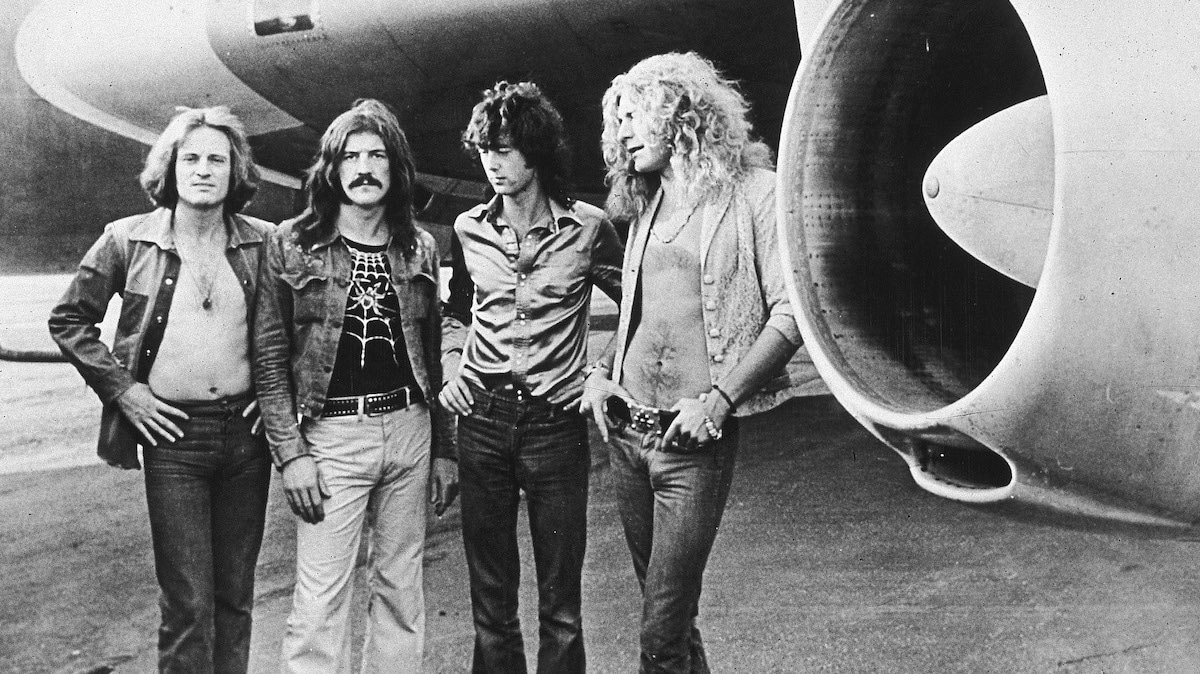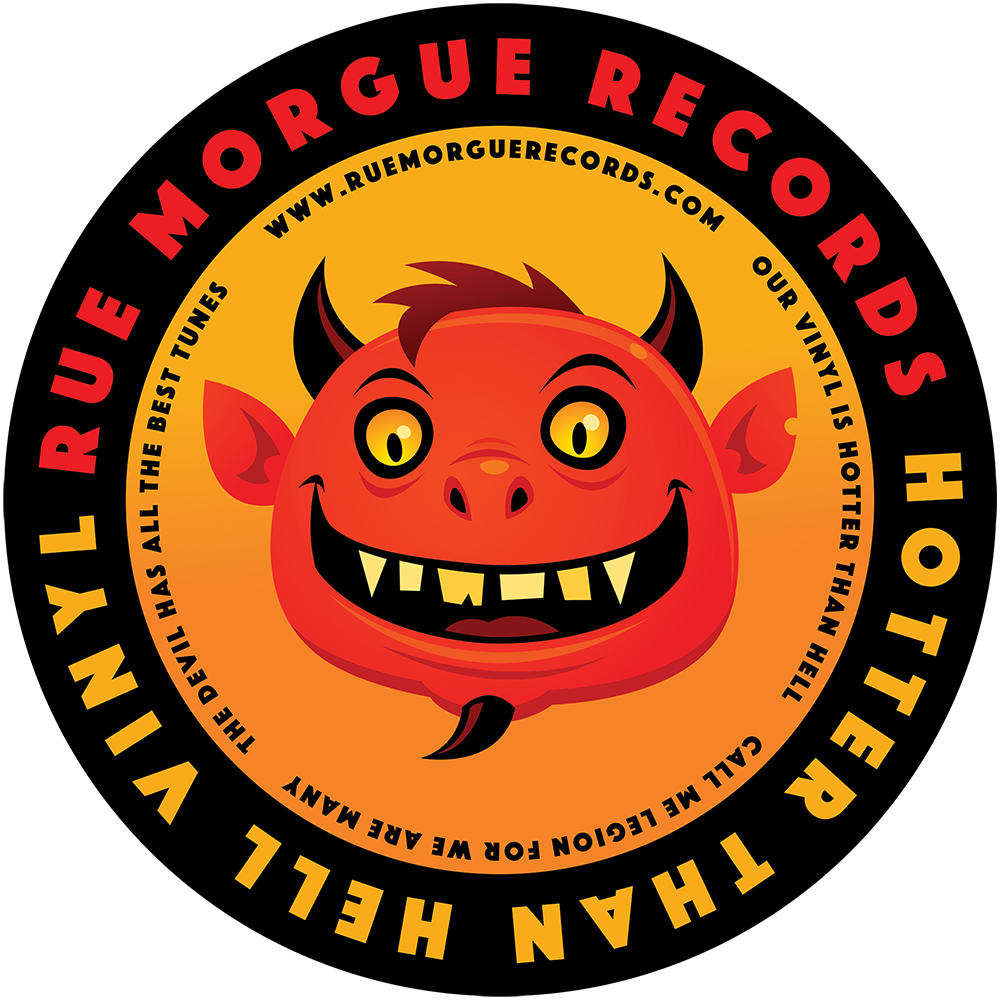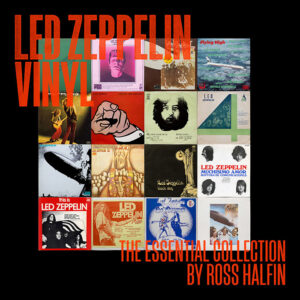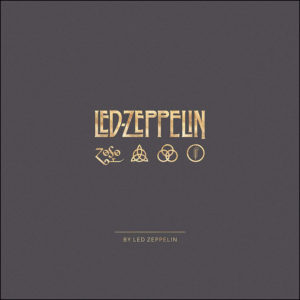
The producers of Becoming Led Zeppelin, the first official documentary about the iconic band, released its first trailer after the movie premiered at the Venice Film Festival yesterday.
Guitarist Jimmy Page, who attended the event to represent fellow surviving bandmates Robert Plant and John Paul Jones, explained why they’d never previously agreed to take part in such a project.
Directed by Bernard McMahon, the movie, which was was initially announced in May 2019, marks the band’s 50th anniversary and will include new interviews with surviving members Jimmy Page, Robert Plant and John Paul Jones. The film will also feature archival interviews with the late John Bonham.
“Becoming Led Zeppelin is a film that no one thought could be made,” MacMahon said in a statement. “The band’s meteoric rise to stardom was swift and virtually undocumented. Through an intense search across the globe and years of restoration of the visual and audio archive found, this story is finally able to be told.”
According to a statement from 2019, the film “traces the journeys of the four members through the music scene of the 1960s, their meeting in the summer of 1968 for a rehearsal that will change the future of rock and culminates in 1970 when their second album knocks the Beatles off the top of the charts, and they become the number one band in the world.”
Becoming Led Zeppelin will be the first time Led Zeppelin have participated in and endorsed a movie based on their career. MacMahon’s 2017 debut, American Epic, which centered on the roots-music movement of the ’20s, caught the attention of Page. “When I saw everything Bernard had done both visually and sonically on the remarkable achievement that is American Epic, I knew he would be qualified to tell our story,” the guitarist noted in a 2019 statement.
Telling a press conference (via Variety) that the offers they’d received in the past were “pretty miserable,” Page continued: “They’d want to be concentrating on anything but the music, and consequently I would recoil immediately from that sort of thing.” He added: “It’s everything about the music and what would make the music tick. And it’s complete versions of songs, not just a little sample and then talking heads. This is something in a totally different genre.”
He said the movie explored how the four members had “different careers and ways of approaching things, but when [we] come together, there’s an explosion that doesn’t stop,” said Page. “The momentum was absolutely — I was going a million miles an hour. That’s what they’ve managed to capture. …And, for me, because it was so accurate and researched, so deep, I thought, ‘They’ve really done it. They really understand what it was about.’”
The minute-long teaser features pristine archival footage of the group performing “Good Times Bad Times” alongside black-and-white stock footage of a zeppelin hovering in the sky.
Becoming Led Zeppelin contains a rare and long-lost interview with late drummer John Bonham, which took nearly a year to discover in an Australian archive of 30,000 unlabelled recordings. Once it had been found, director Bernard MacMahon spent more time trying to identify the unnamed journalist who’d led the conversation. “The thing about John is that he is living in this film,” Page noted.
Details of the movie release from Paradise Pictures will be provided in due course.
For a band that’s now thought of as the Beatles of heavy metal, not to mention one of the four or five greatest rock ‘n’ roll bands of all time, Led Zeppelin got shockingly little critical respect back in the day. You could say that sort of thing happens a lot — in music (just look at the reverence with which ABBA are now regarded; in their heyday they were often dismissed as facile creators of pop jingles) or in movies (films from “The Wizard of Oz” to “Blade Runner” were underrated in their time, and then the culture caught up with them). But in the case of Led Zeppelin, there’s something uniquely telling about the vast chasm between the way they were viewed by their fans and by the gatekeepers of respectability in rock. And that helps to explain why Zep, 50 years on, still sound so raw and explosive and primal and volcanic.



